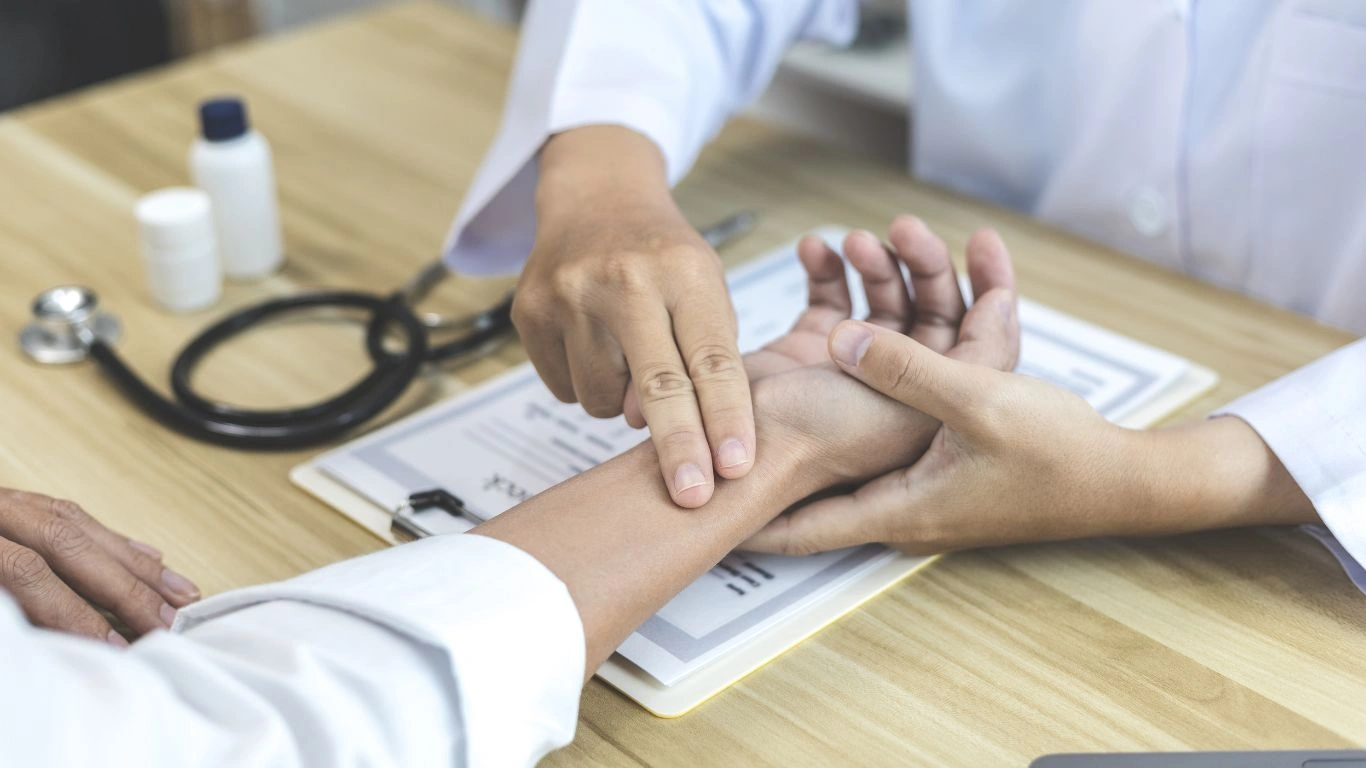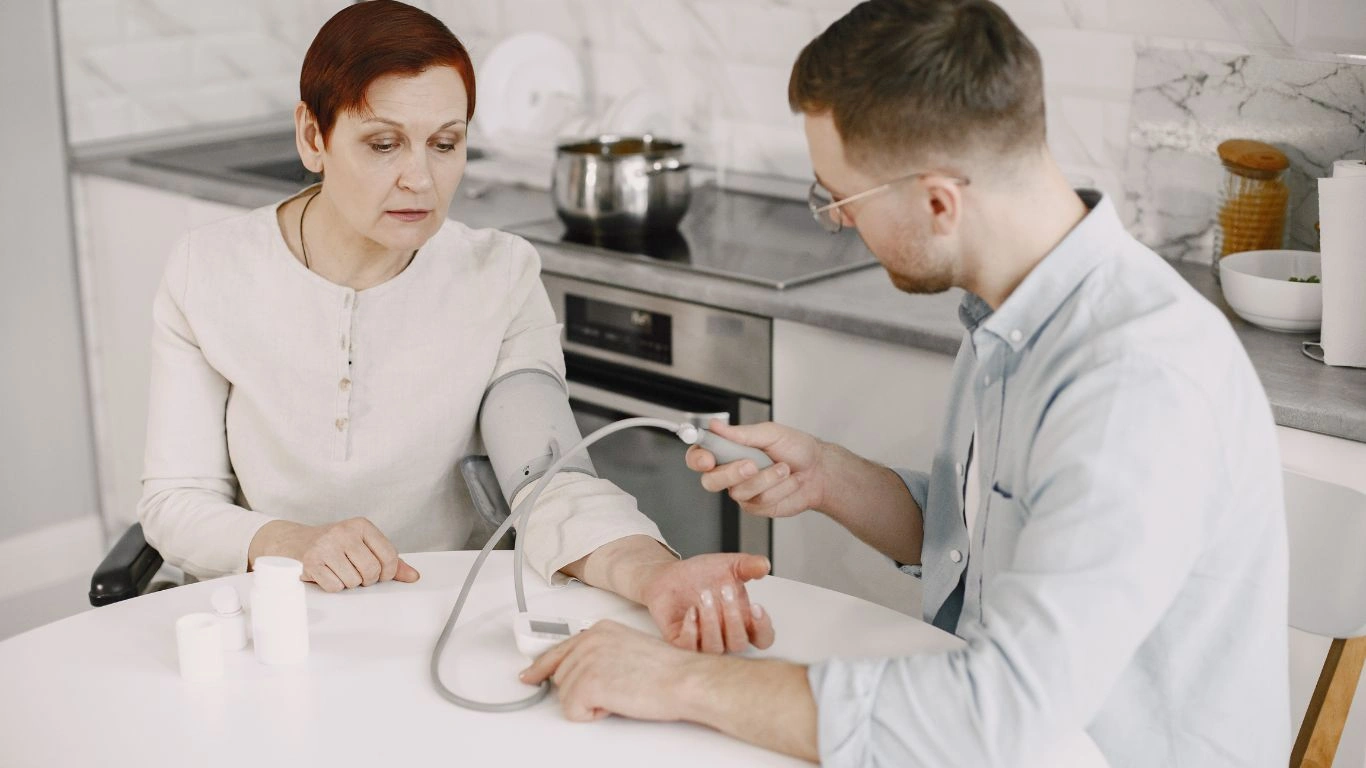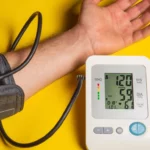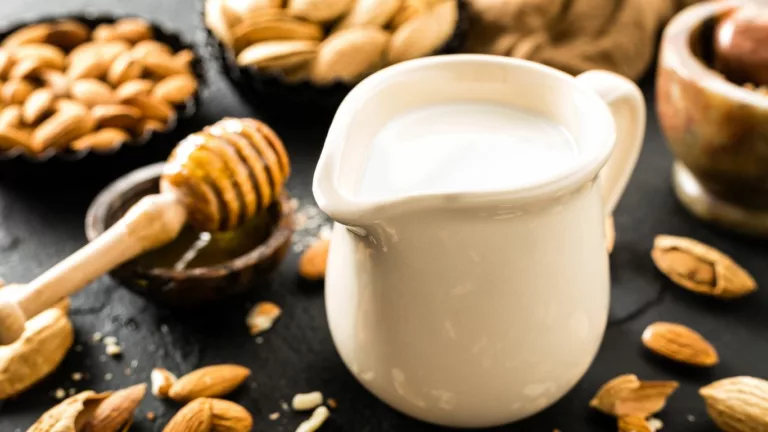The Benefits of Regular Check-Ups for Blood Pressure – Why It’s Crucial for Your Health
Blood pressure check-ups aren’t just a routine task at the doctor’s office – they are crucial for your overall health. Regular monitoring can help you catch potential health problems before they escalate and ensure you’re maintaining optimal heart health. Let’s dive into the benefits of keeping tabs on your blood pressure regularly!
When was the last time you had your blood pressure checked? If it’s been a while, it might be time to schedule a check-up. You might be surprised to know that blood pressure doesn’t always show symptoms, which is why regular check-ups are so important. Having high blood pressure, or hypertension, is a major risk factor for conditions like heart disease, stroke, and kidney issues, yet most people don’t experience noticeable symptoms until the damage is done. This is why staying on top of your blood pressure is key.

What is Blood Pressure and Why Does it Matter?
Before we dive into the benefits, let’s quickly review what blood pressure is. Your blood pressure is the force exerted by the blood against the walls of your arteries as your heart pumps it around your body. It’s measured in two numbers – systolic (the higher number) and diastolic (the lower number). The systolic number measures the pressure when your heart beats, and the diastolic measures the pressure when your heart rests between beats.
Normal blood pressure is typically below 120/80 mmHg. Anything above that, especially if it’s sustained, could indicate hypertension. Monitoring this regularly can save you from serious health risks down the line.

Why Should You Get Regular Check-Ups for Blood Pressure?
If you’re wondering why regular check-ups matter so much, here are some of the most important benefits:
1. Early Detection of Hypertension
One of the biggest advantages of checking your blood pressure regularly is the chance to catch hypertension early. Hypertension is often called the “silent killer” because it usually doesn’t show symptoms until it has caused significant damage to your organs. By keeping an eye on your readings, your doctor can spot elevated levels early, before any harm is done.
2. Better Heart Health
Having regular check-ups allows you to track your blood pressure trends over time. If you notice a sudden rise in your blood pressure readings, it might indicate an underlying health issue that needs to be addressed. Early intervention, such as lifestyle changes or medication, can help prevent serious heart conditions like heart disease or heart attacks.
3. Preventing Strokes
Hypertension is one of the leading causes of stroke. By staying on top of your blood pressure, you can lower the risk of having a stroke. Monitoring your levels means your healthcare provider can adjust your treatment or recommend changes to reduce the risk if your blood pressure gets too high.
4. Protecting Your Kidneys
High blood pressure can damage the blood vessels in your kidneys over time, leading to kidney disease. Regular blood pressure checks are especially important for people at risk of kidney problems or those with a history of kidney disease. By controlling your blood pressure, you help protect your kidneys from long-term damage.
5. A Simple and Quick Test
The beauty of blood pressure check-ups is that they’re quick and simple. It only takes a few minutes, and you don’t have to go through any invasive procedures. This makes it easy to stay on top of your health and catch any potential issues early without much effort.

What Happens If You Don’t Keep Track of Your Blood Pressure?
Neglecting your blood pressure check-ups can lead to serious consequences. If high blood pressure goes undiagnosed, it can damage your arteries, heart, brain, kidneys, and eyes over time. The longer high blood pressure goes untreated, the greater the risk of complications like heart failure, kidney failure, or even blindness.
Even if you feel fine, high blood pressure may be quietly harming your body. This is why getting checked regularly, even when you feel healthy, is crucial to avoid health scares down the line.
How Often Should You Have Your Blood Pressure Checked?
It depends on your age, medical history, and current health status. For most adults, it’s recommended to have your blood pressure checked at least once every two years if it’s within the normal range. If your blood pressure is higher than normal or if you’re at risk for hypertension, you may need to get checked more often.
If you have a family history of hypertension or other heart-related conditions, it’s a good idea to talk to your healthcare provider about how often you should monitor your blood pressure.

Tips for Maintaining Healthy Blood Pressure Between Check-Ups
Here are a few things you can do to help keep your blood pressure in check between appointments:
- Exercise regularly: Aim for at least 30 minutes of moderate exercise most days of the week.
- Eat a balanced diet: Focus on eating whole grains, fruits, vegetables, lean proteins, and healthy fats.
- Limit sodium intake: Too much salt can raise your blood pressure.
- Manage stress: Try mindfulness exercises, deep breathing, or yoga to reduce stress levels.
- Avoid smoking: Smoking damages blood vessels and raises blood pressure.
- Limit alcohol: Drinking in moderation can help keep your blood pressure under control.
Conclusion
Regular blood pressure check-ups are a simple yet incredibly effective way to stay on top of your health. Whether you’re trying to prevent hypertension or catch it early, these check-ups play a key role in reducing your risk for heart disease, strokes, and other serious conditions. The sooner you catch a potential issue, the easier it is to manage and avoid more severe consequences down the road. So, don’t skip your next check-up – your heart and overall health will thank you!
Appendices
FAQs
- How often should I get my blood pressure checked? It’s recommended to check your blood pressure at least once every two years if it’s normal. If your readings are high, or you have risk factors, get it checked more often.
- Can I monitor my blood pressure at home? Yes! You can purchase a home blood pressure monitor. However, it’s still important to get it checked by a healthcare professional regularly to ensure accuracy.
- What are the symptoms of high blood pressure? Most people with high blood pressure don’t experience symptoms. That’s why regular check-ups are so important.
- Can blood pressure fluctuate during the day? Yes, blood pressure can change throughout the day based on factors like activity level, stress, and food intake. It’s why doctors often take multiple readings over time.
- What lifestyle changes can help lower my blood pressure? Regular exercise, a healthy diet low in sodium, stress management, and avoiding smoking can all help lower your blood pressure.
References
- American Heart Association. (2024). Blood Pressure Guidelines.














